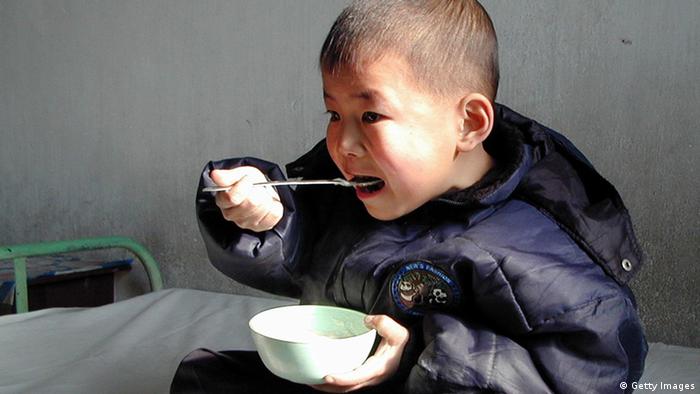By Kathryn Maureen Ryan
Impunity Watch, Managing Editor
New Delhi, India –According to a study of air quality conducted by the World Health Organization in 2014, New Delhi, The capital of the world’s second most populous country, was found to be the most polluted city on earth. According to the study, New Delhi was found to have the highest levels of particulate matter or PM 2.5, which refers to small solid or liquid particles floating in the ambient air that are known to be harmful to human health. New Delhi’s average PM2.5 level was 153, compared to 14 in New York City and 56 in Beijing, the city that has become famous around the globe for high pollution levels. The WHO’s safety threshold for humans is 10. High levels of particulate pollution are extremely hazardous to human health. The pollution problem in India is not limited to the nation’s capital. India is home to 13 of the 20 most polluted cities in the world and air-pollution related deaths have become the fifth largest killer in the country.

Delhi’s air is consistently more toxic than that in Beijing, rigorous statistical comparison of two years’ worth of data from both cities has demonstrated. According to US air quality standards, the air quality in the Indian capital was considered healthy for only 7 out of 730 days. Professor Douw Steyn of the University of British Columbia, an air pollution expert who performed the analysis of New Delhi air said the city’s air was considered health less than 1% of the time.
The data shows that in New Delhi, PM 2.5 levels are above the “hazardous” level 17% of the time, or nearly one out of every five. At these levels, according to the US definition, “everyone may experience serious health effects”. Steyn argued “the cost of pollution reduction is far smaller than the costs of pollution damage and simple technological solutions are easily available. What is needed is political will, which can only come from an informed and engaged population.”
Kamal Meattle, a Delhi-based air pollution activist says the government must do more to respond to the pollution crisis in India’s cities and beyond. “I think the first people to be convinced are the politicians, the bureaucrats and the judges … people who really matter in the sense that they understand the problem is going to create a major health issue and major costs,” he said. India’s newly elected Prime Minister Narendra Modi recently launched a national Air Quality Index (AQI) to monitor pollution levels in major urban cities on a real-time basis. AQI data is currently available in 10 cities across the country including New Delhi. Air pollution in India is a reminder of the high costs of economic development and globalization, especially when industry is left unregulated. Urbanization is also a massive problem in India and a challenge to environmental regulators as the country’s poor continue to move into large, overcrowded urban areas in search of work.
For more information please see:
Hindustan Times – Beijing better than Delhi: Only 7 days of good air in national capital in 2 years – 22 April 2015
BBC News – Breathing poison in the world’s most polluted city – 18 April 2015
The Weather Network – New Delhi has the world’s worst air pollution – 14 April 2015
CNN Money – This Indian city has the world’s worst air – 13 April 2015



